Sharing the Lessons of the Holocaust
By Jill Duff-Hoppes
When the day arrived for Culen Marin to interview Holocaust Survivor Helen Greenspun for a student-made documentary, the 14-year-old went in thinking he was well-prepared.
“But as soon as I met Helen, it was just really overwhelming because it all felt so real,” Culen says. “Helen was a victim of all this hate, and she grew up as a normal kid just like me and all my friends.”
A few months ago, Culen and his eighth-grade classmates at St. Margaret Mary Catholic School were invited by the Holocaust Memorial Resource & Education Center of Florida to create several Holocaust-themed documentaries. The students interviewed five Central Floridians – four Survivors and a Liberator – and preserved their unique, personal stories via the art of digital filmmaking.
The project was funded by the Holocaust Memorial Miami Beach, which had received a grant from the Florida Department of Education. Names, Not Numbers, a nonprofit organization based in New York, was brought in to teach the students how to create a documentary from start to finish. The Catholic school’s eighth-grade class, comprised of about 50 students, researched the Holocaust and their interview subjects and learned tips and techniques for gathering oral histories. The kids also received instruction on how to operate the cameras, lights, and sound equipment and edit their uncut footage.
Besides Helen, the interviewees included World War II veteran and Liberator Gilbert Waganheim and Holocaust Survivors Harry Lowenstein, Sonja Marchesano, and Eva London Ritt. In-depth interviews were conducted in early March at a mini-studio set up at the school in Winter Park. The kids were divided into small groups, and each team interviewed one of the subjects. From those oral histories, Names, Not Numbers will produce five, 20-minute documentaries.
“The students did a wonderful job,” says Sonja, who is in her 80s. “They were really very bright and gracious. Being involved in a project like this really brings it home to them. This is another generation that will hopefully remember and pass it along.”
Katie Walsh, principal of St. Margaret Mary, says the intergenerational project made a lasting impact on her students.
“We told the kids that what they were taking part in was so historic,” says Katie. “The opportunity to meet a Survivor is
diminishing with each year, because of age. This has been a remarkable program.”
The Survivors aren’t the only ones whose stories were captured on camera. Throughout the process, Names, Not Numbers filmed the students and recorded their comments about the lessons they were learning. The project will culminate with a 50-plus-minute documentary featuring portions of the interviews with Helen, Sonja, Harry, Eva, and Gilbert, as well as the students’ insights and reflections.
Originally, the plan was to have a public premiere of that documentary, titled Names, Not Numbers: A Movie in the Making. However, because of the COVID-19 pandemic, the film will instead be screened virtually at 6:30 p.m. on Wednesday, June 3. To register to watch the live broadcast, go to HolocaustEDU.org/event/nnn-premier/.
The Survivors and the kids will receive DVD copies of the 50-minute film, plus a longer film that combines each interviewee’s 20-minute, student-created documentary.
The Central Florida project is one of about 40 such programs that Names, Not Numbers has undertaken this school year alone. The organization was founded 16 years ago by Tova Rosenberg, an expert on Holocaust education. Names, Not Numbers has produced more than 350 documentary projects in the United States, Canada, and Israel. More than 6,000 students in eighth grade through college have participated, and more than 2,500 Holocaust Survivors and World War II veterans have been interviewed.
Lisa Bachman, assistant director of the Holocaust Center in Maitland, says the Center’s selection of a Catholic school for the project brought diverse groups together.
“Seeing the interaction between the Survivors and the students was magical,” Lisa says. “Our Survivors have so much wisdom to give. Watching them impart this wisdom to the students was so rewarding for our team, and it truly is the reason why we do what we do.”
Katie says the project was an eye-opening experience for the eighth graders, who will graduate from St. Margaret Mary on June 19.
“In addition to everything they learned about the Holocaust and the Survivors,” she says, “they learned about the importance of respect for all people, and of being tolerant of differences and being more open and accepting of others.”
Helen’s story resonated with Culen, who plans to attend Bishop Moore High School in the fall. Helen is now in her 90s, but during the Holocaust, she wasn’t much older than Culen and his classmates are now. And yet she survived multiple concentration and labor camps, a death march to Dachau, and the loss of family members.
For its Yom HaShoah commemoration in April, the Holocaust Center asked the students to create short videos highlighting what they learned from the Survivor they interviewed. The heartfelt videos are posted on the Center’s Facebook page at Facebook.com/HMREC.
“Helen taught me about how much the Jewish people have suffered,” Culen said in his video, lighting a candle in her honor. “Helen also taught me about how important it is to always keep my faith and constantly persevere even through tough times.”
